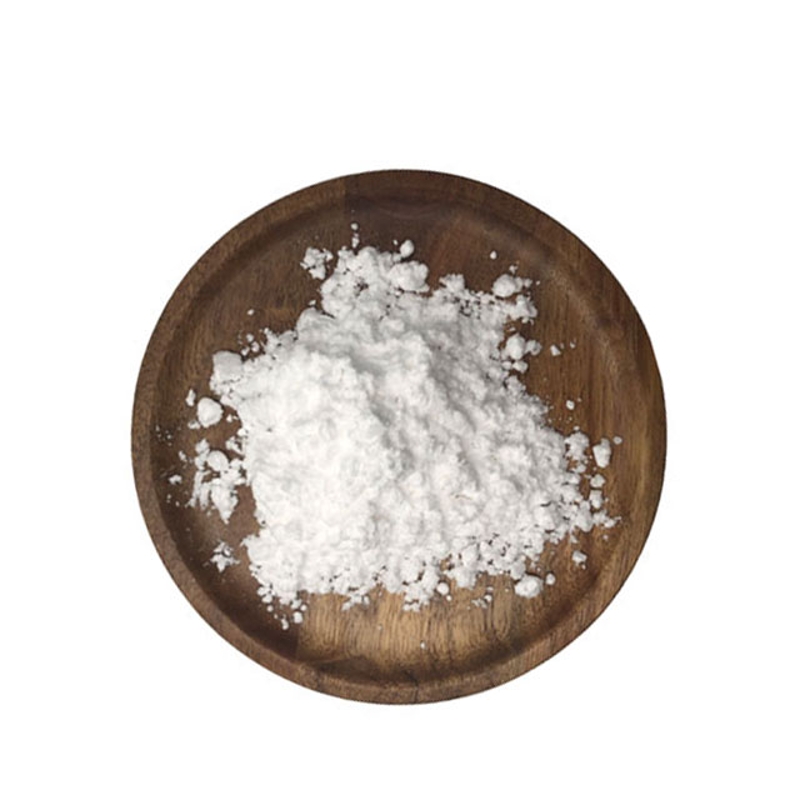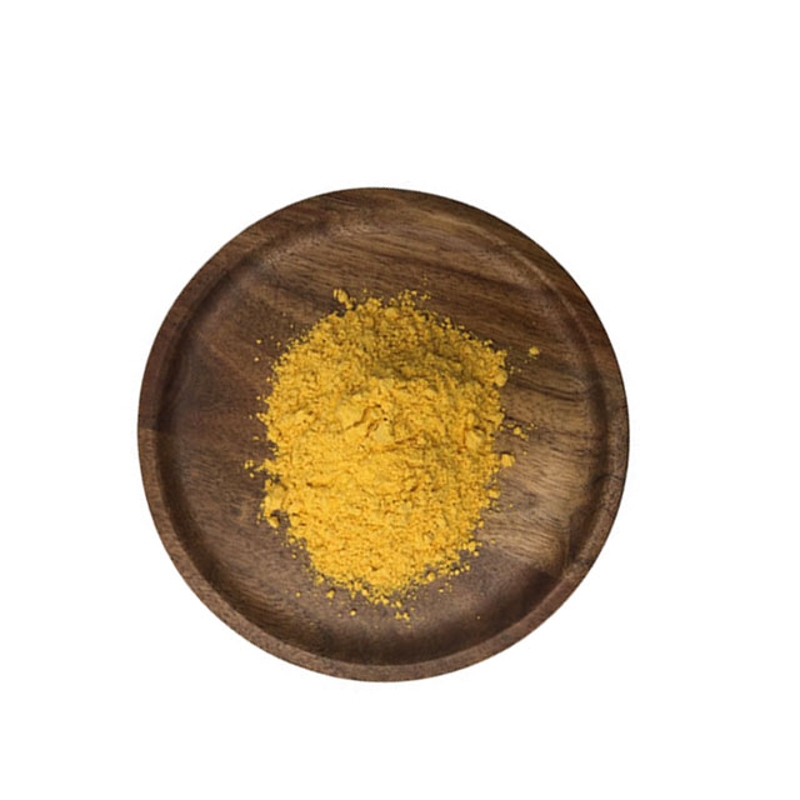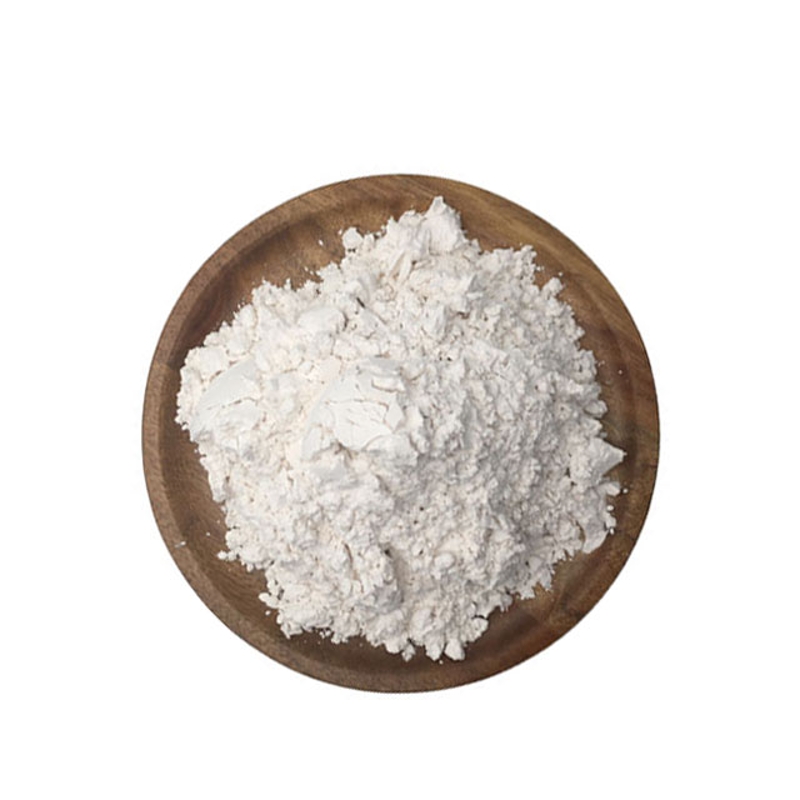-
Categories
-
Pharmaceutical Intermediates
-
Active Pharmaceutical Ingredients
-
Food Additives
- Industrial Coatings
- Agrochemicals
- Dyes and Pigments
- Surfactant
- Flavors and Fragrances
- Chemical Reagents
- Catalyst and Auxiliary
- Natural Products
- Inorganic Chemistry
-
Organic Chemistry
-
Biochemical Engineering
- Analytical Chemistry
- Cosmetic Ingredient
-
Pharmaceutical Intermediates
Promotion
ECHEMI Mall
Wholesale
Weekly Price
Exhibition
News
-
Trade Service
As one of the largest international academic conferences in the field of hematology, the 26th European Hematology Association Annual Meeting (EHA 2021) will be held from June 9 to 17, 2021.
On the evening of June 1, the content summary of the "Chairman Seminar" of the most academically valuable part of the conference was announced on the EHA official website.
Among them, a blockbuster study that has attracted much attention from the industry-BeiGene BTK inhibitor Baiyueze® (Zebutinib) compared to the first-generation drug Ibrutinib, used to treat relapsed or refractory (R /R) The latest head-to-head global phase III clinical study data for patients with chronic lymphocytic leukemia (CLL)/small lymphocytic lymphoma (SLL) was unveiled.
Studies have shown that Zebutinib has achieved the superiority of the objective response rate (ORR) and achieved significant progress-free survival (PFS) benefits.
According to the interim analysis data, when the median follow-up time was 15 months, Zebutinib achieved a higher ORR (78.
3% vs 62.
5%, P=0.
0006), while for 17p- patients with poor prognosis, ORR The advantage is more obvious (83.
3% vs.
53.
8%).
At the same time, Zebutinib showed a more advantageous 12-month PFS (95% vs 84%, p=0.
0007), which significantly reduced the risk of disease progression by 60%.
In terms of safety, patients treated with Zebutinib had a lower risk of atrial fibrillation or flutter events (2.
5% vs 10.
1%, p=0.
0014), and the difference was statistically significant.
For lymphomas such as CLL/SLL, which are common in the elderly, atrial fibrillation can cause thrombosis, stroke, heart failure, and other heart-related complications.
The interim analysis of this head-to-head study showed that Zebutinib has achieved significant improvements in efficacy and safety compared to Ibrutinib.
"Head-to-head" research refers to the use of clinically used therapeutic drugs or methods as direct controls, and clinical trials conducted under the same experimental conditions can be regarded as a "direct single-handedness" of two drugs.
The purpose of this type of research is to conduct a more direct and detailed study and comparison of the efficacy or safety of drugs.
Through direct comparison of head-to-head trials, it can provide doctors and patients with clear and accurate clinical evidence.
The ALPINE study is a randomized phase III head-to-head clinical trial carried out in more than 100 clinical trial centers in many countries around the world.
It is also the second large-scale phase III clinical trial conducted by Zebutinib in direct comparison with Ibrutinib test.
The study included 652 patients with R/R CLL/SLL.
The primary endpoint was the objective response rate (ORR) assessed by the investigator.
Non-inferiority was evaluated first, and superiority was then evaluated.
Key secondary endpoints include progression-free survival (PFS), duration of remission, overall survival (OS), and incidence of adverse events (AE).
The data released this time are the results of the interim analysis of the study, which was carried out in 415 patients who received at least 12 months of follow-up.
According to the information, this research will be presented in an oral report at the EHA 2021 web conference chairperson seminar on June 11, Beijing time.
At the same time, as decided by the conference’s scientific project committee, the summary of the report will be selected for the EHA 2021 online press conference.
BeiGene will hold an investor conference call and live webcast at 0:00 on Saturday, June 12, Beijing time to discuss the results of the interim analysis of ALPINE clinical research and other data that will be displayed at EHA 2021.
Zebutinib is a new generation of BTK inhibitor independently developed by BeiGene scientists.
With its optimized drug structure, its target inhibition is more precise, which can form a complete and long-lasting deep inhibition of BTK and reduce off-target effects.
The adverse reactions caused.
At present, Zebutinib is the only BTK inhibitor in the world that has carried out head-to-head clinical trials to evaluate the efficacy and safety in the treatment of two hematological malignancies.
It is also my country's first drug importing with foreign pharmaceutical companies.
Local research and development of new anti-cancer drugs in the head-to-head phase III superiority test.
As my country's first local new drug to go overseas, Zebutinib is currently approved in the United States, China, Canada and other international markets, and is dual recommended by the US NCCN guidelines and China's CSCO clinical guidelines.
In China, Zebutinib was approved for marketing in June 2020 for the treatment of MCL and CLL/SLL patients who have received at least one treatment in the past.
At present, these two indications have been included in the national medical insurance catalog, so that this international-quality treatment plan can benefit the majority of patients in my country at a more affordable price for the people.
Zebutinib has currently submitted more than 30 related marketing applications worldwide, covering more than 40 countries or regions, and it is expected to bring hope and benefit to more lymphoma patients worldwide in the future.
References 1.
Presented at the 14th International Conference on Malignant Lymphoma; Jun 14‑17, 2017; Lugano, Switzerland 2.
Pal Singh S, et al.
Mol Cancer 2018;17(1):57.
3.
Li N, et al.
Cancer 2015;75:2597 4.
N Engl J Med.
2013; 369: 32-42 5.
Presented at the 58th American Society of Hematology Annual Meeting; December 3-6, 2016, San Diego, CA.
6.
Tam CS, et al.
Blood 2019; 134(11):851-859.







